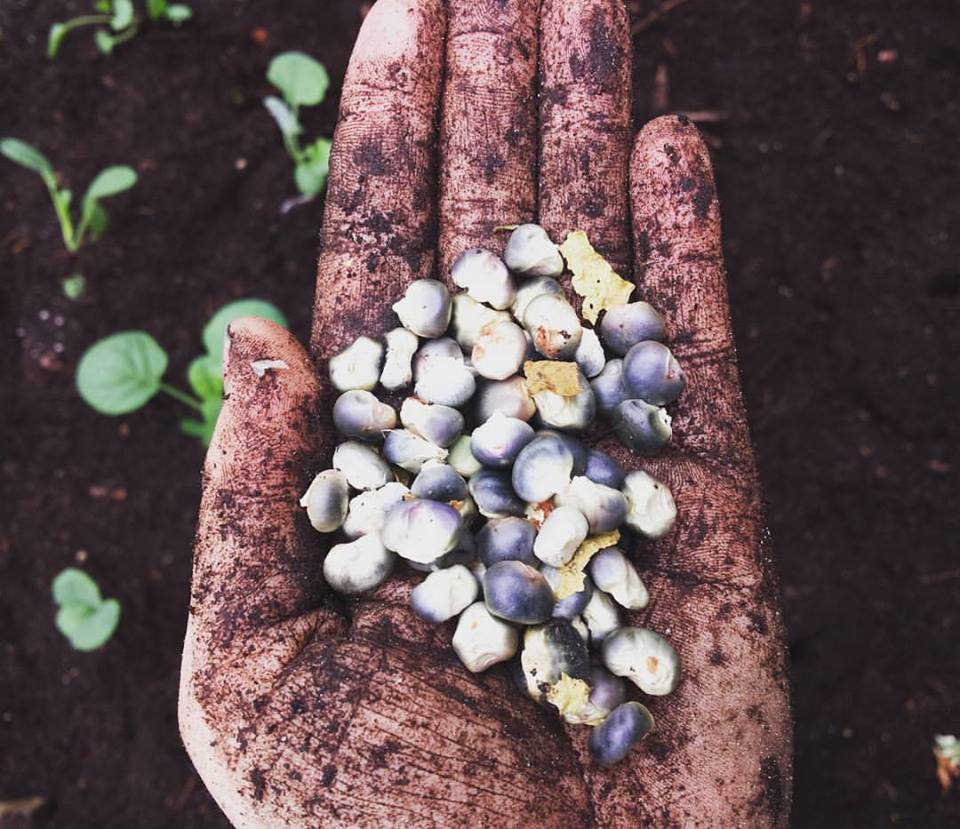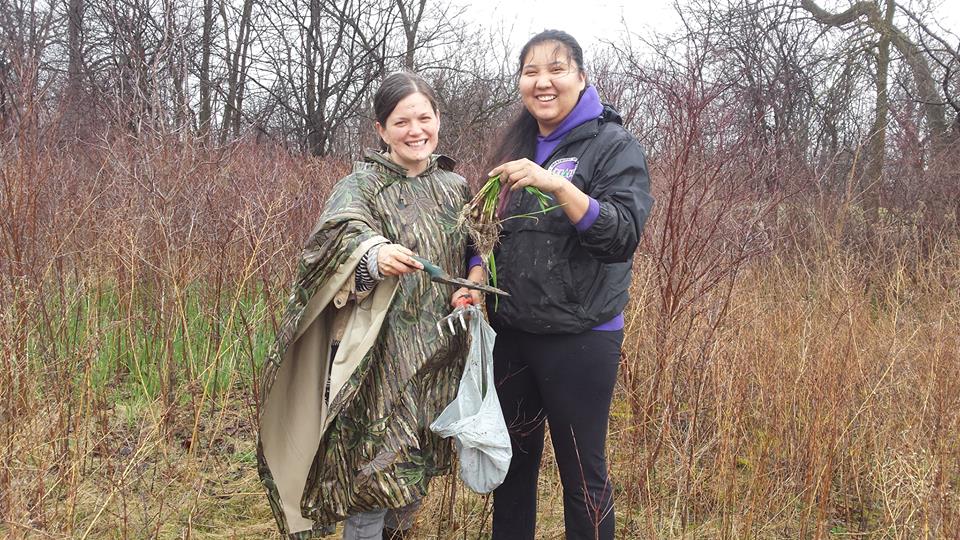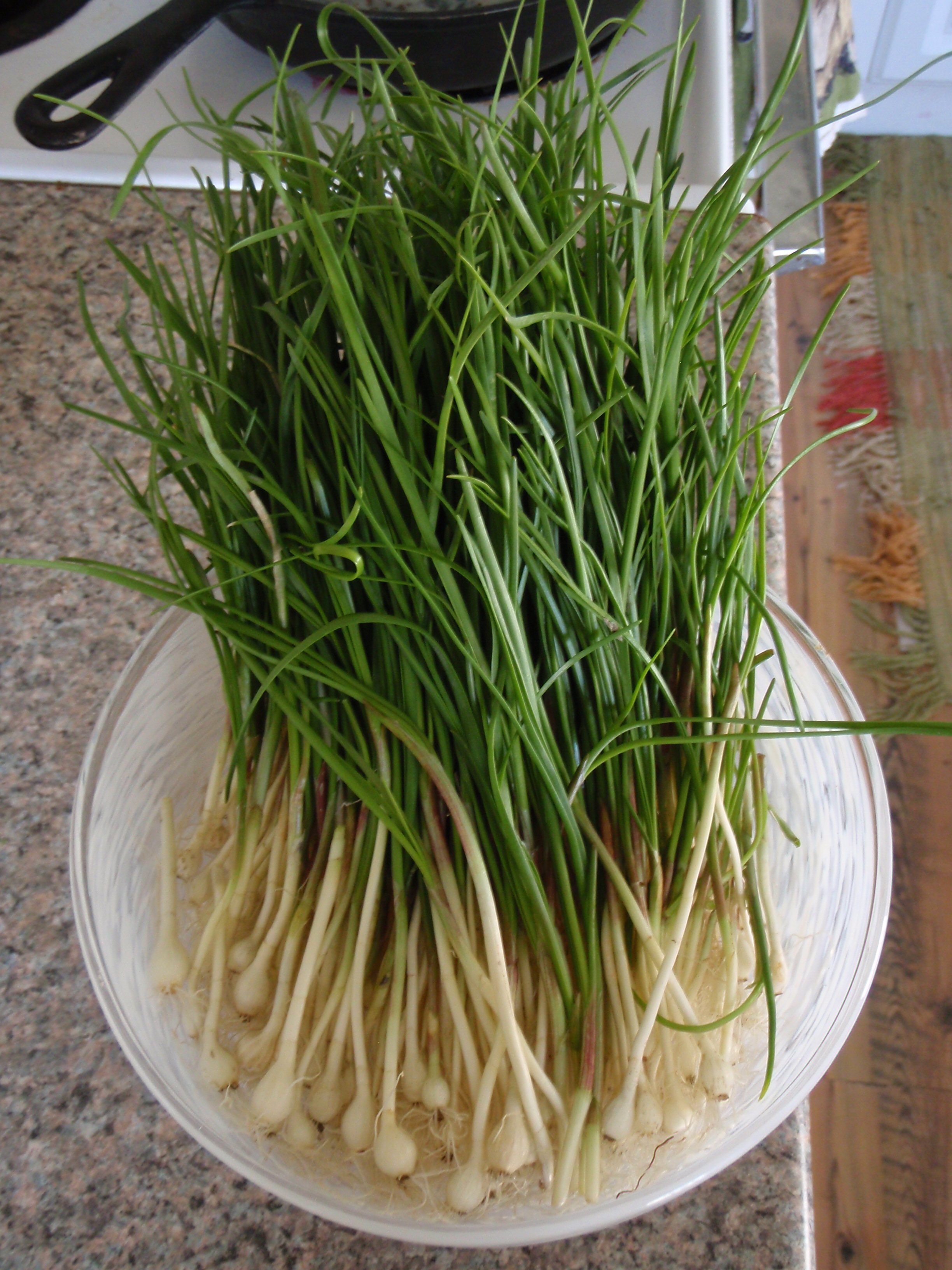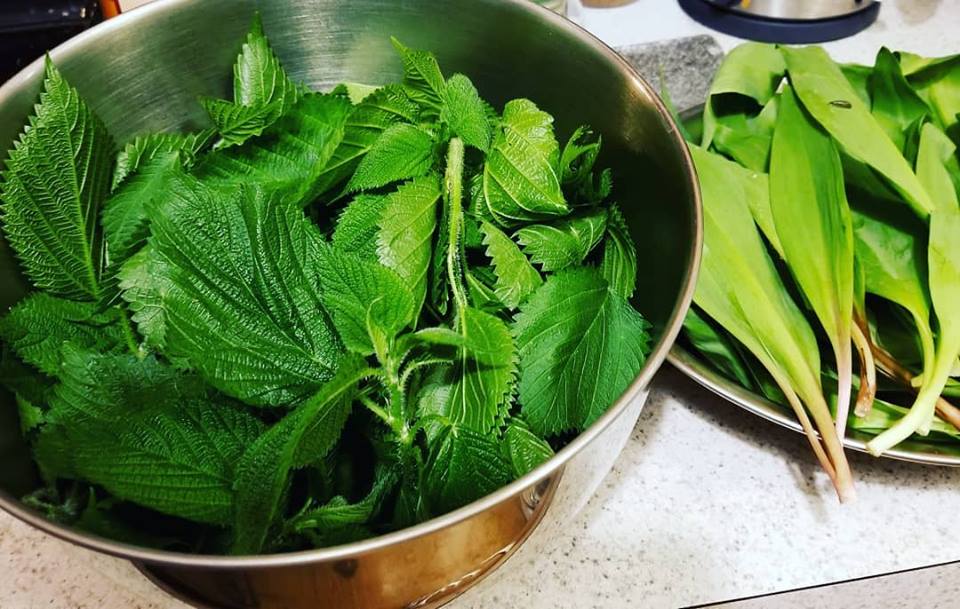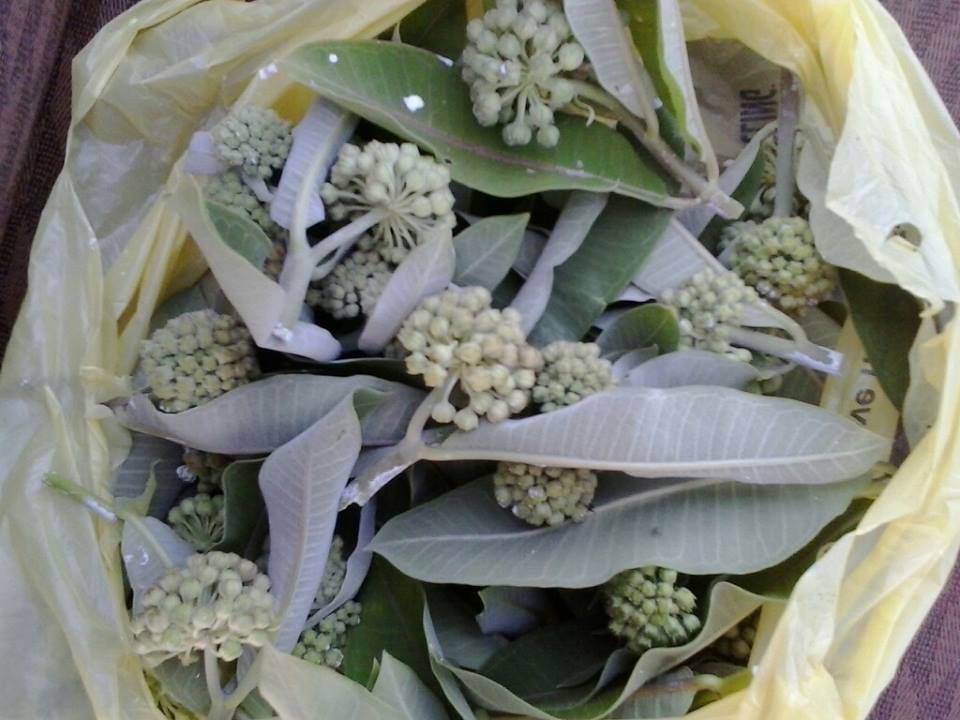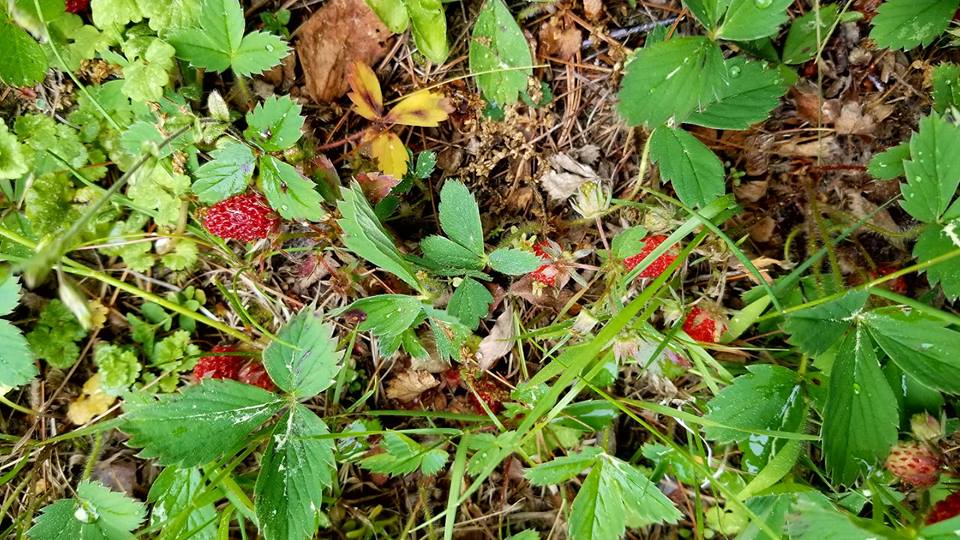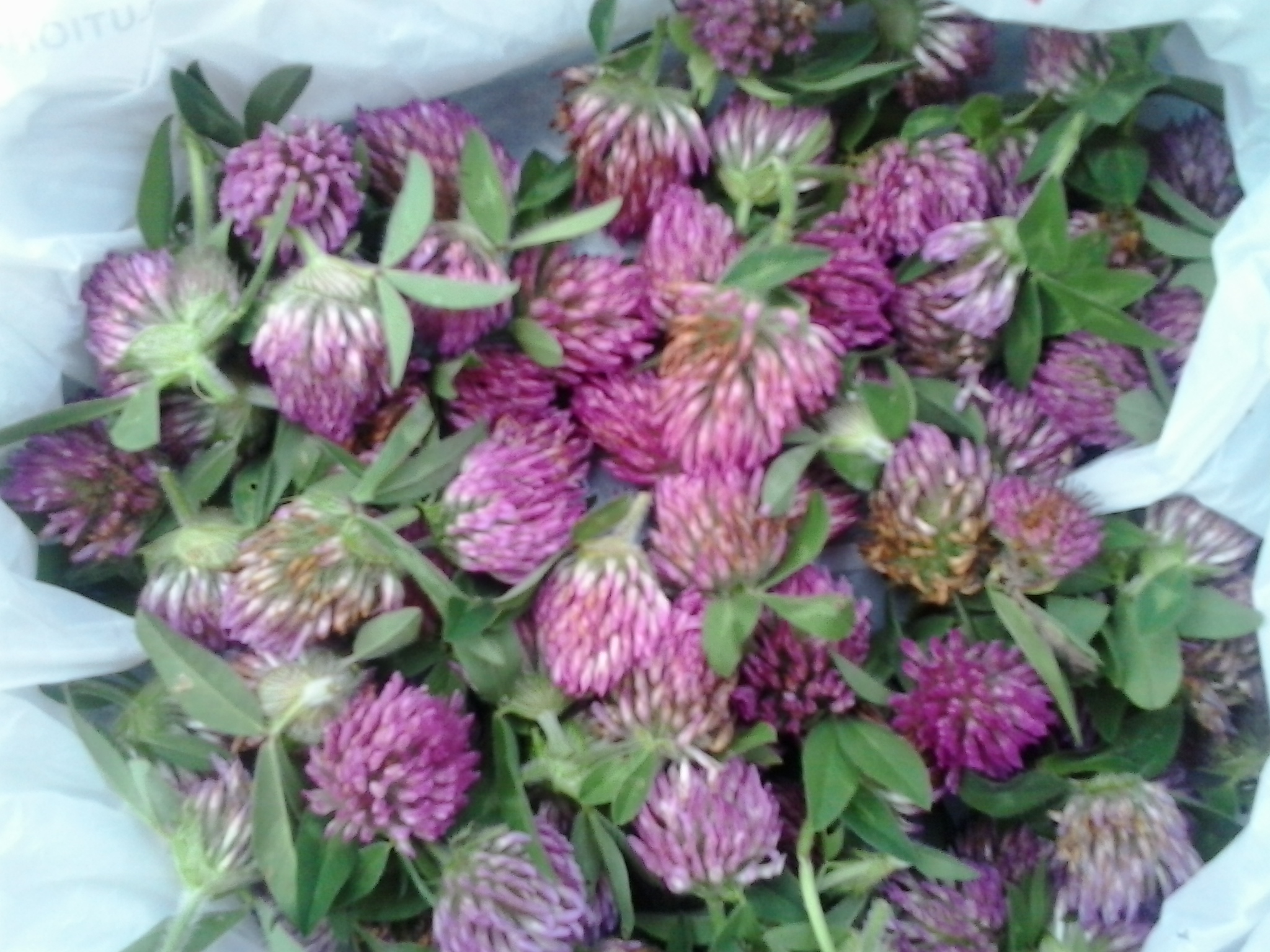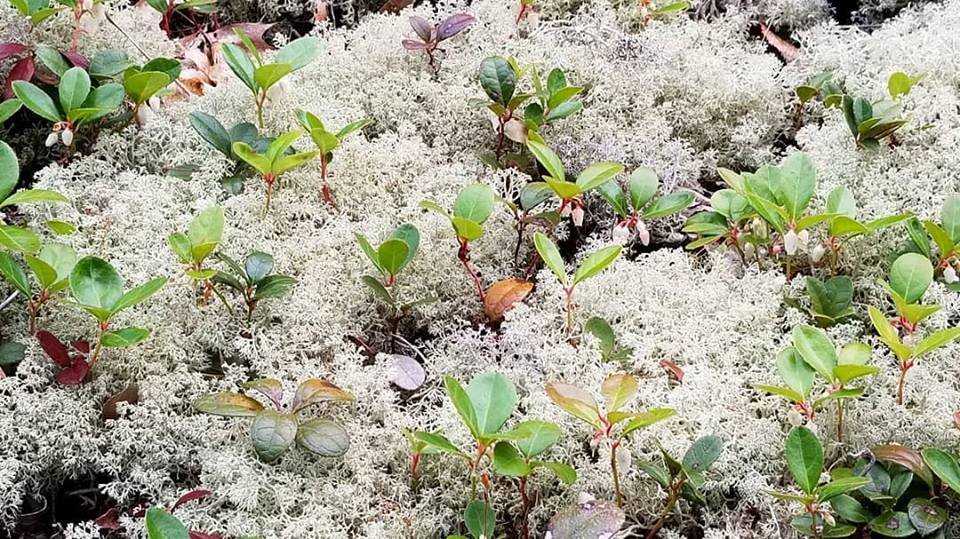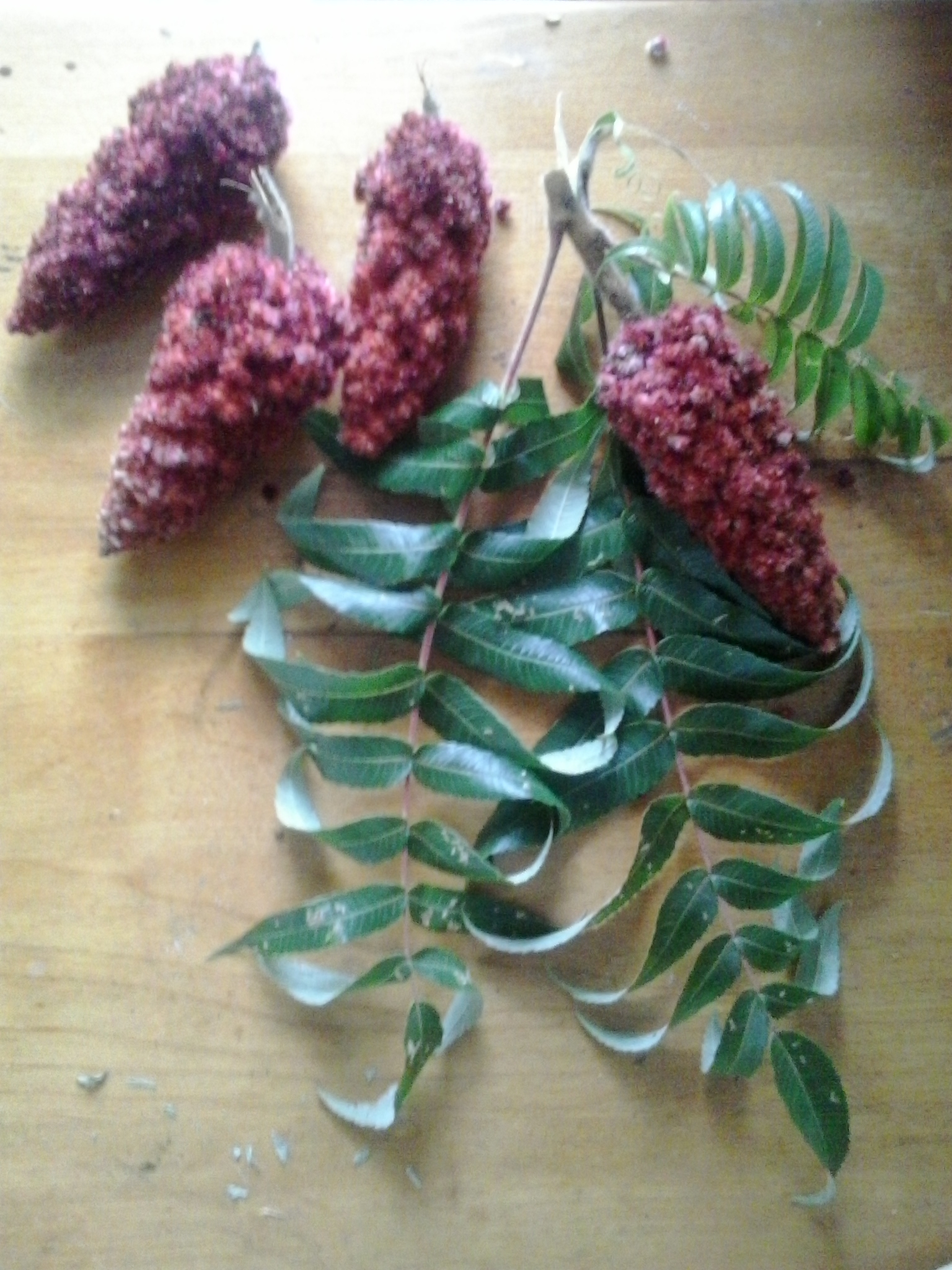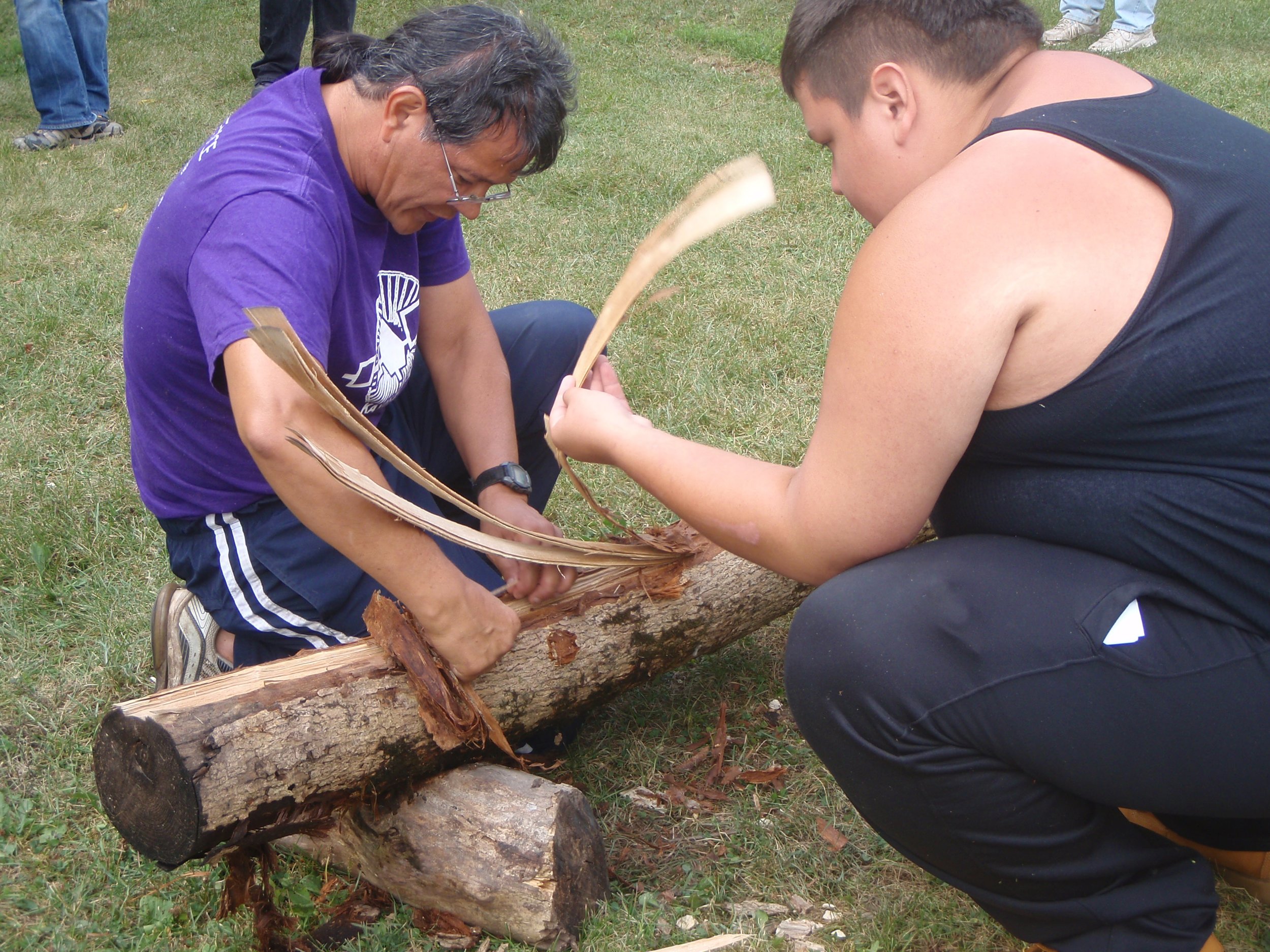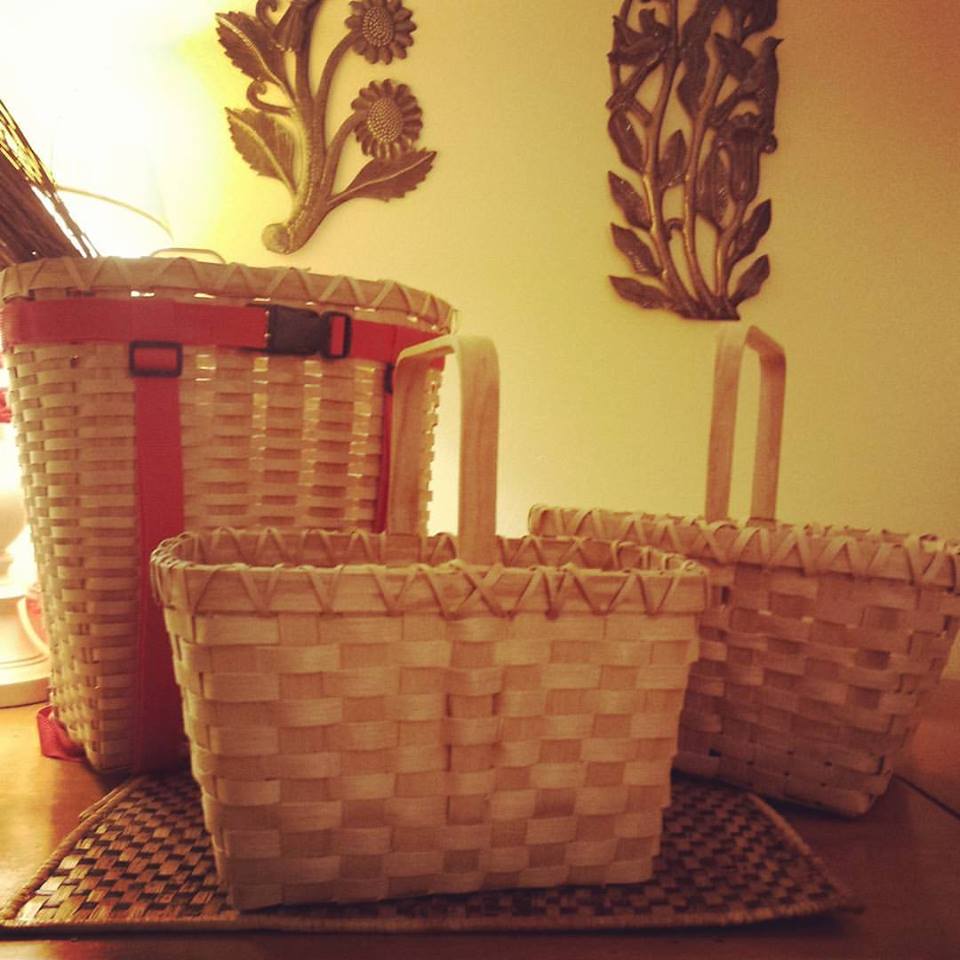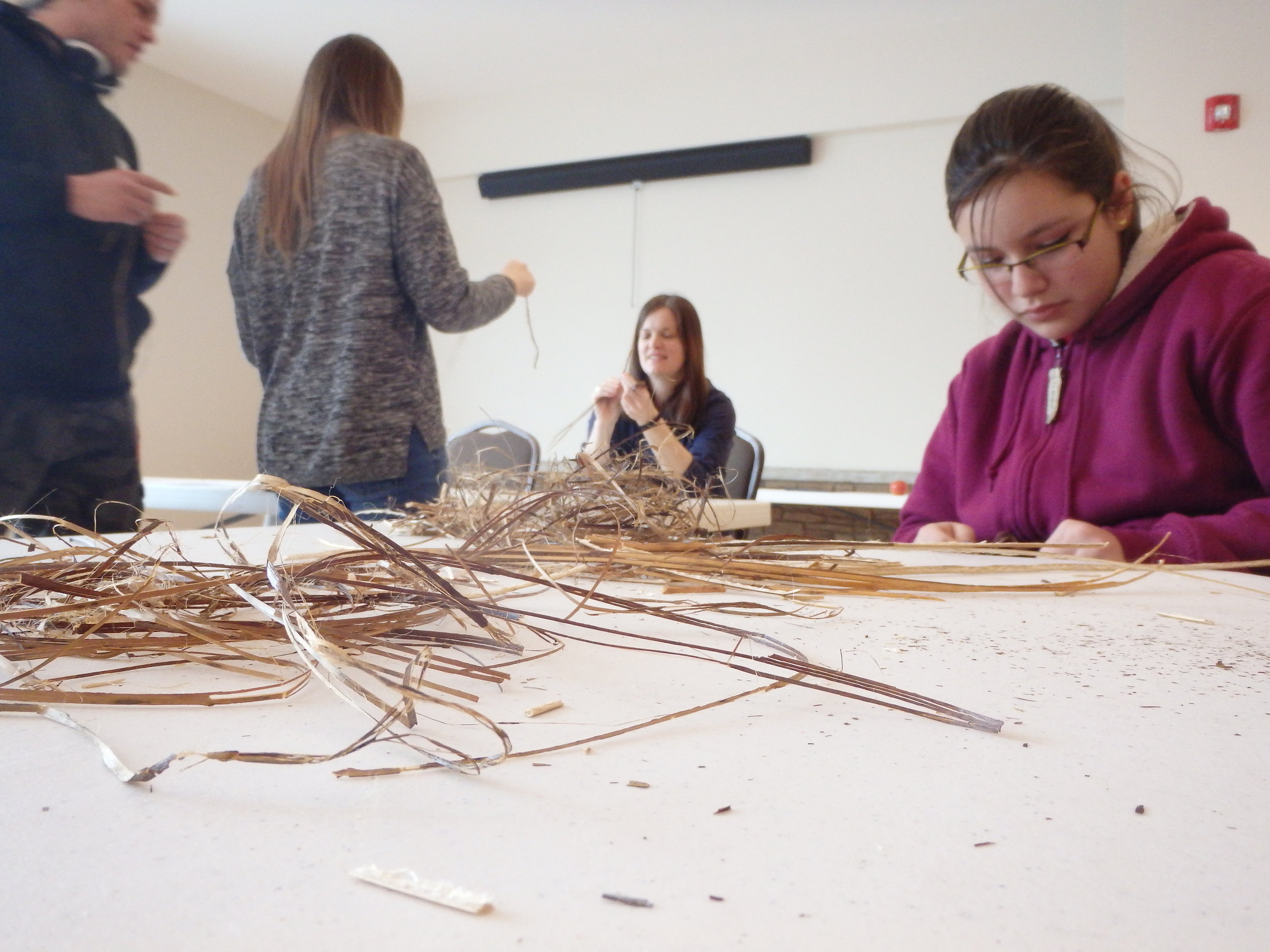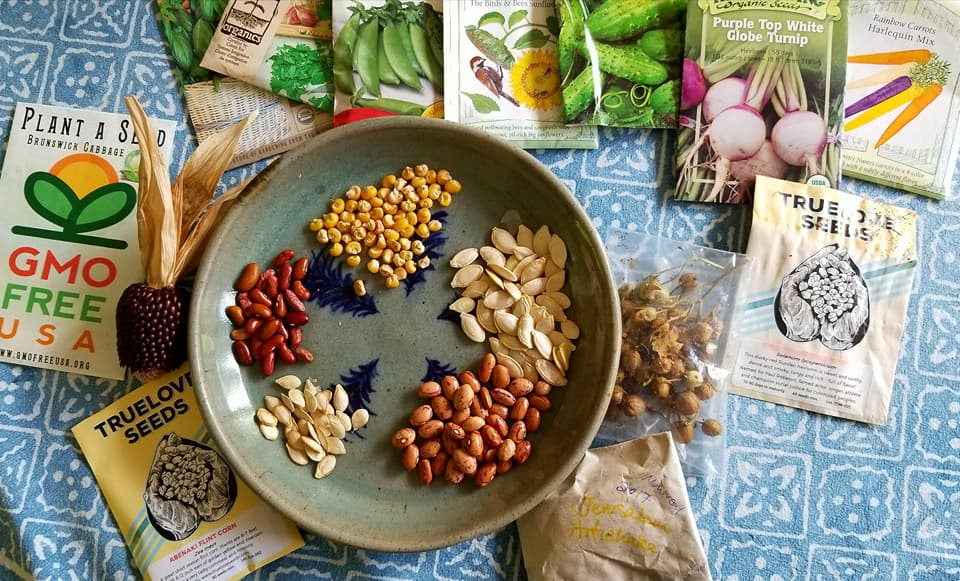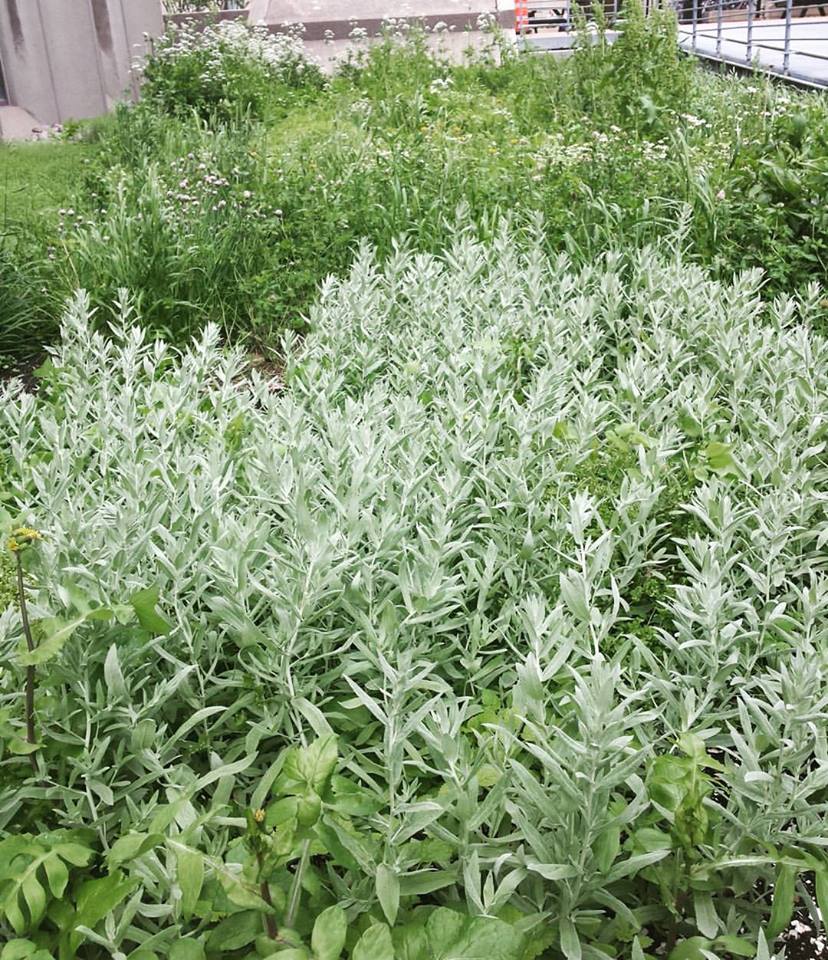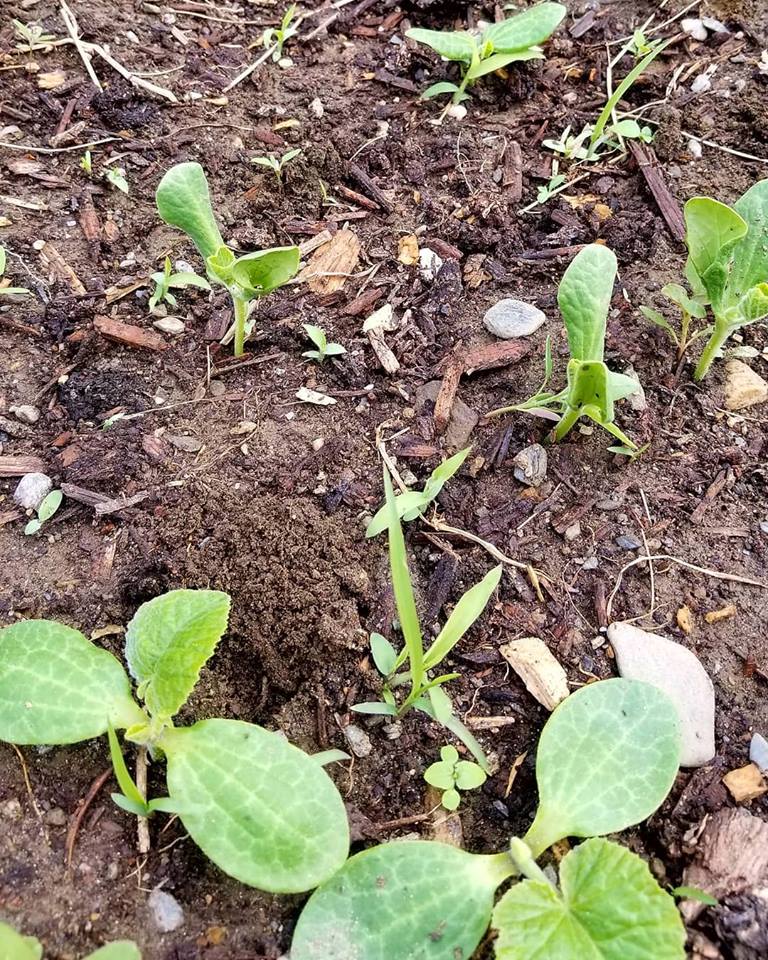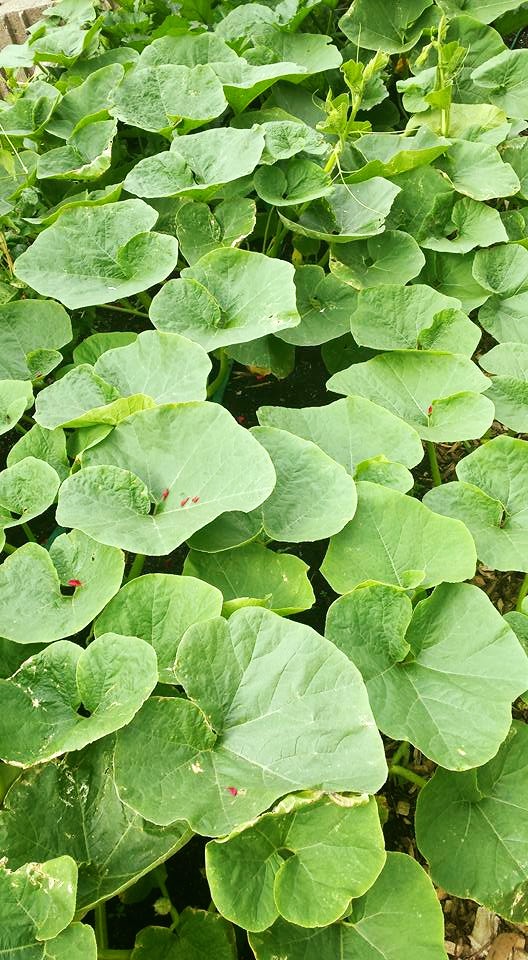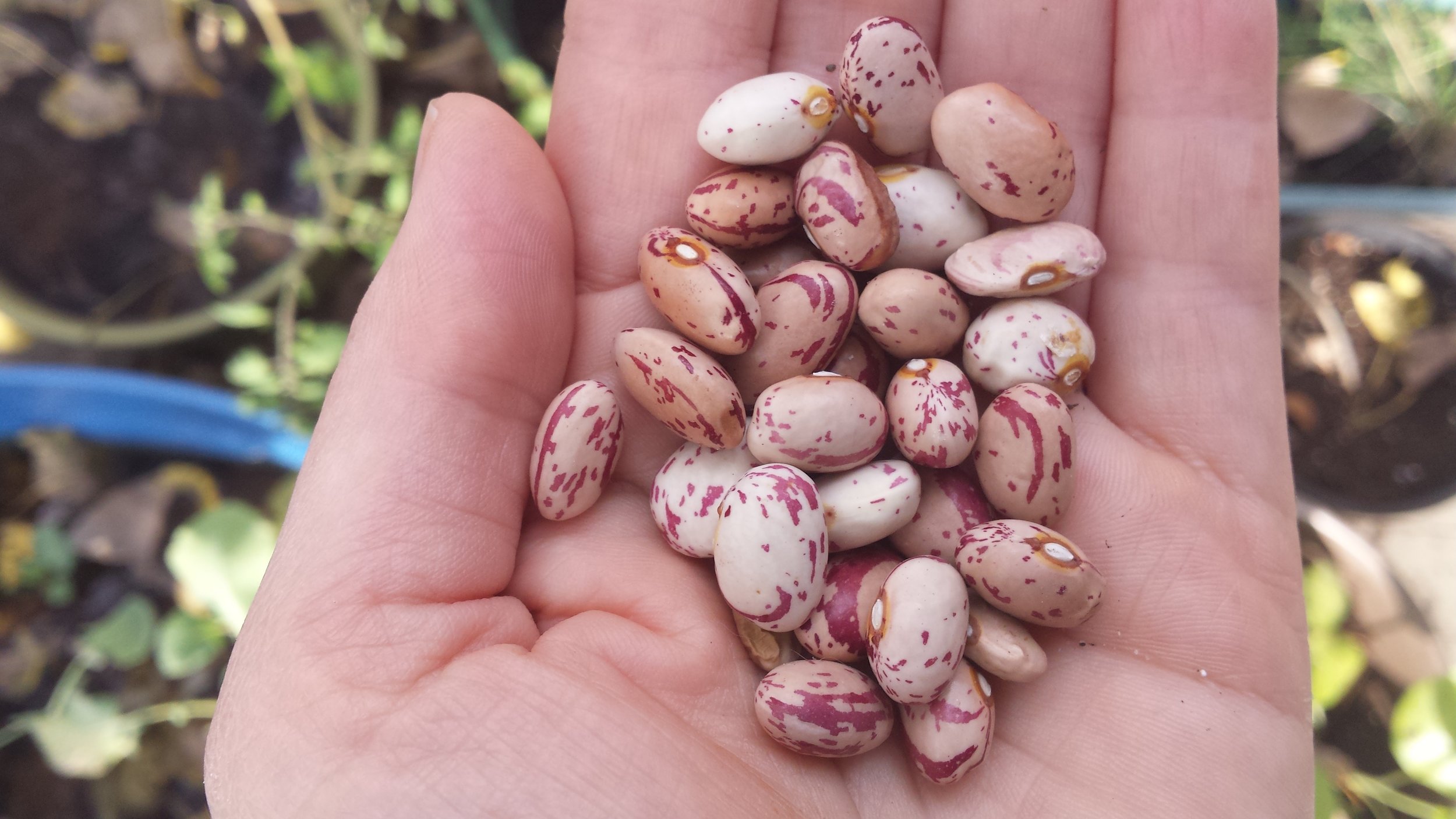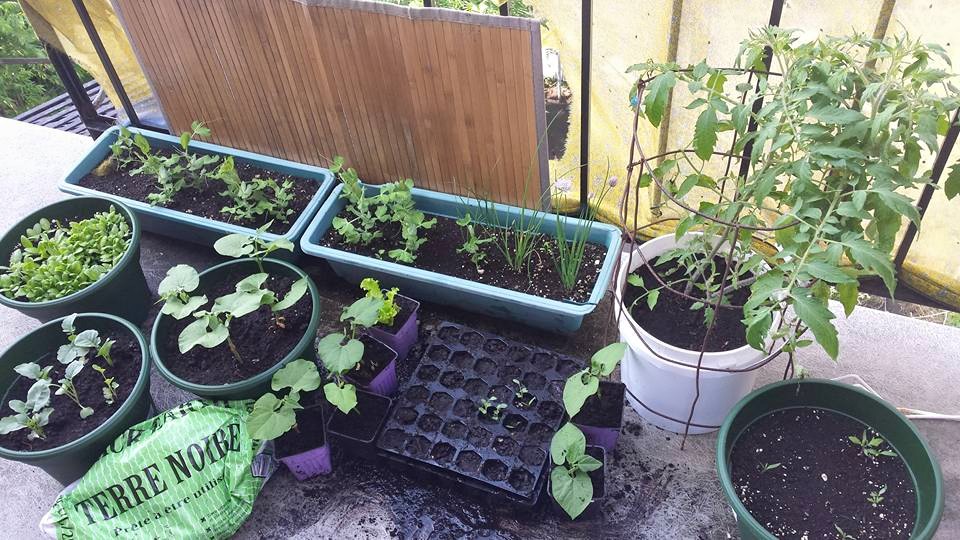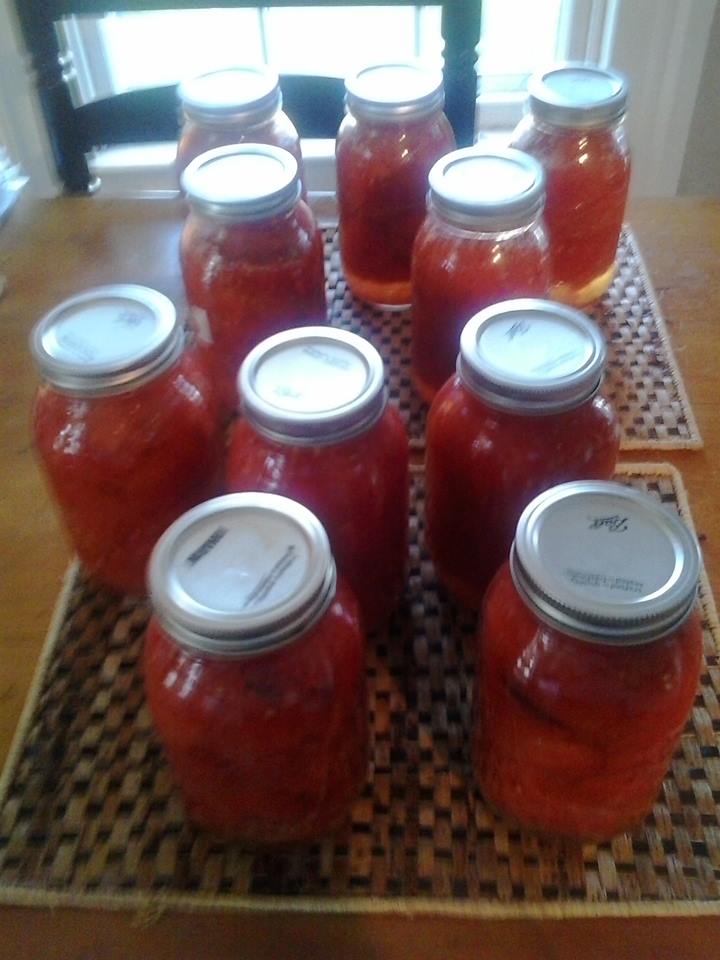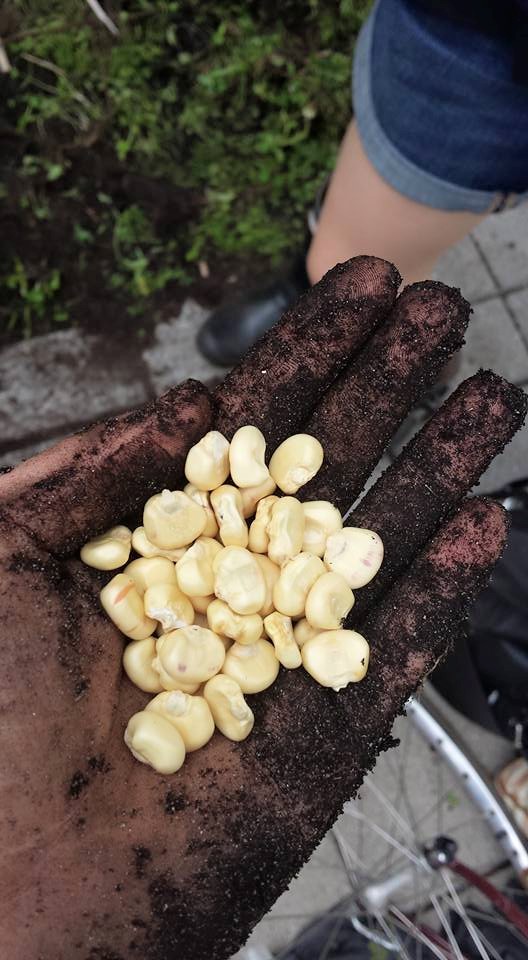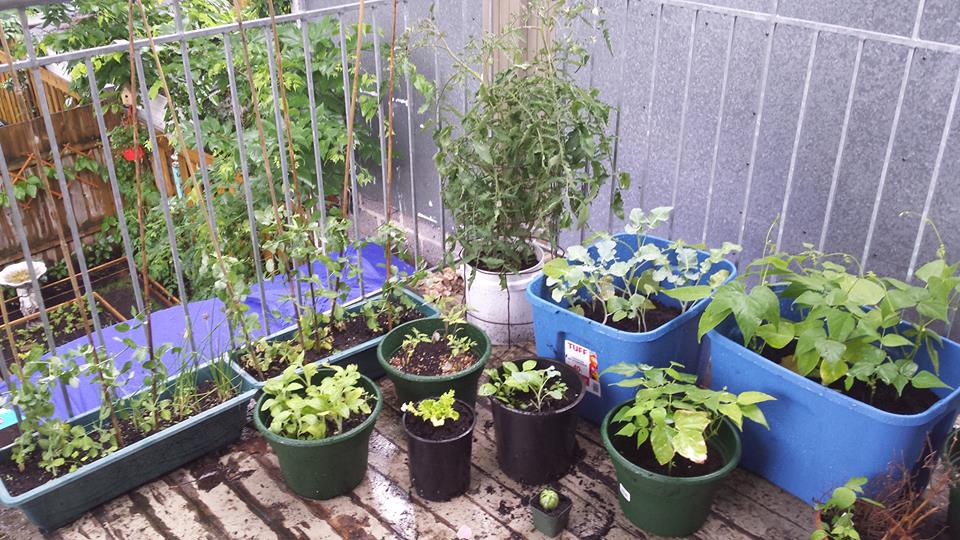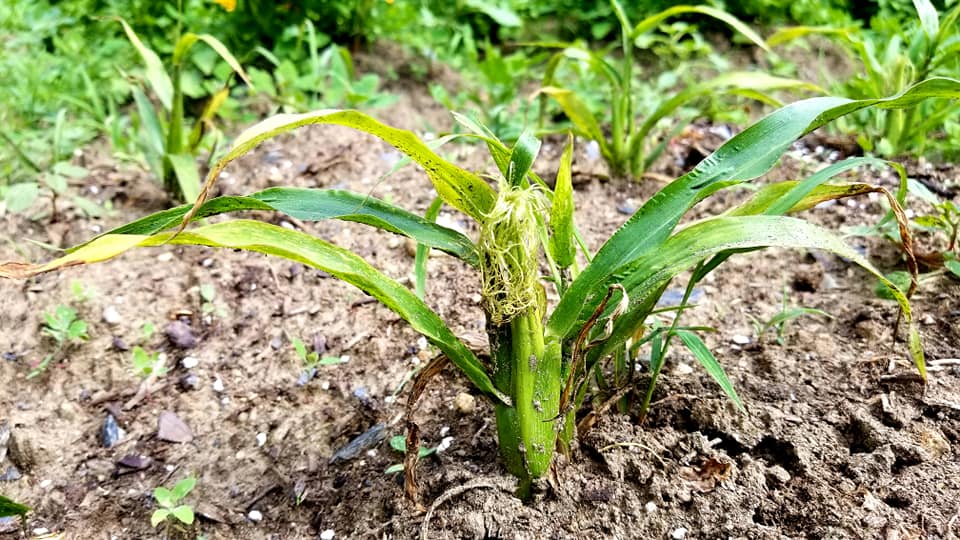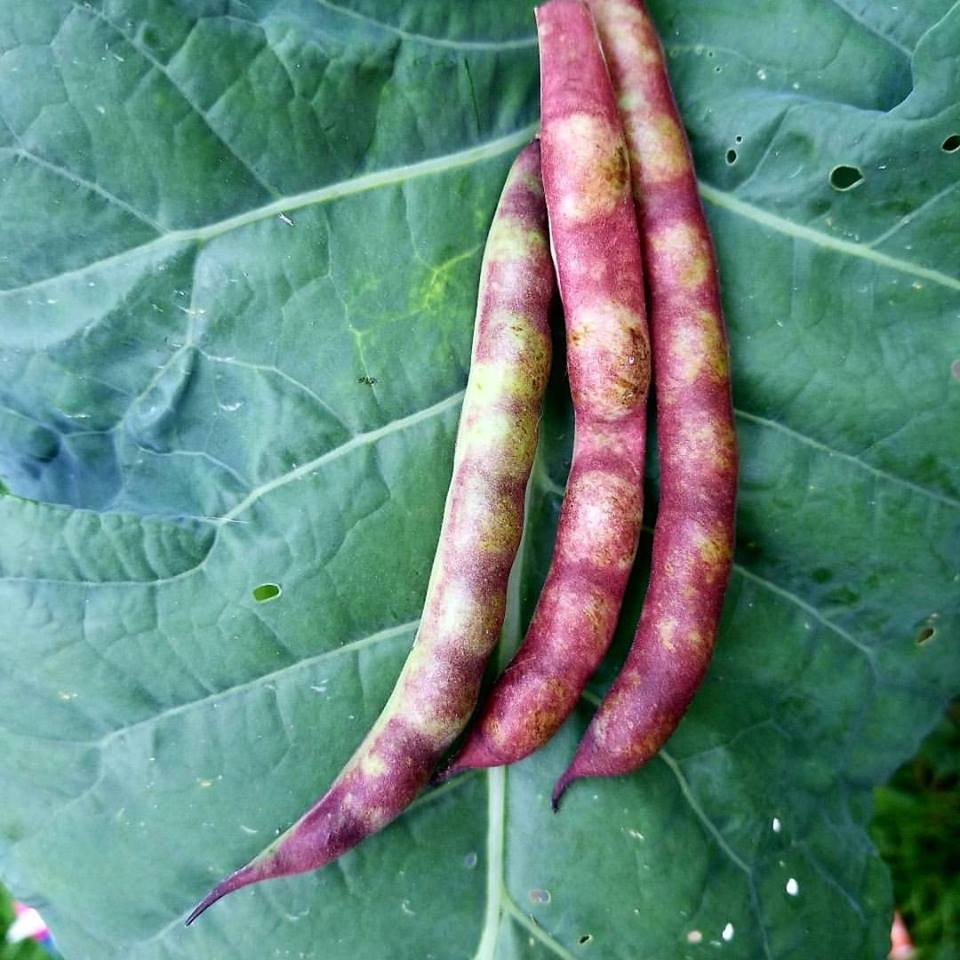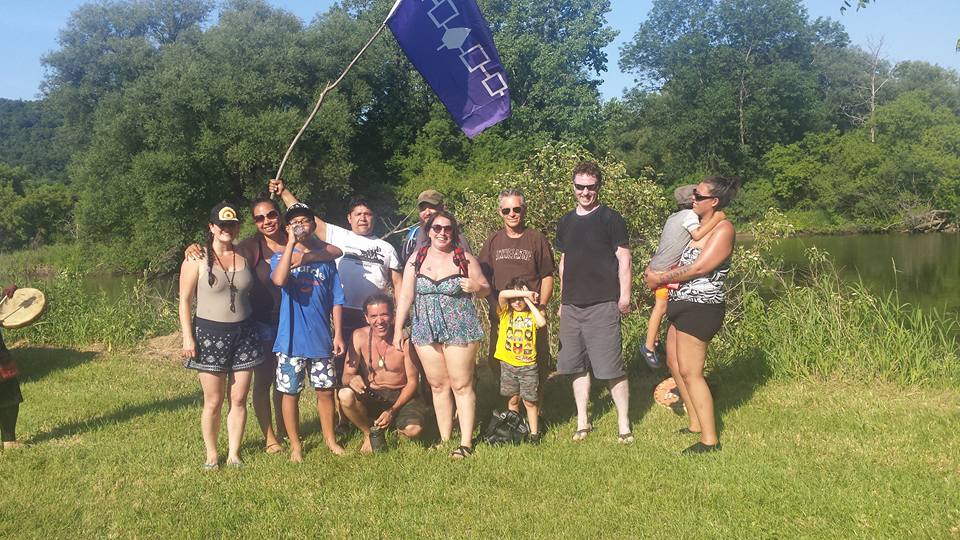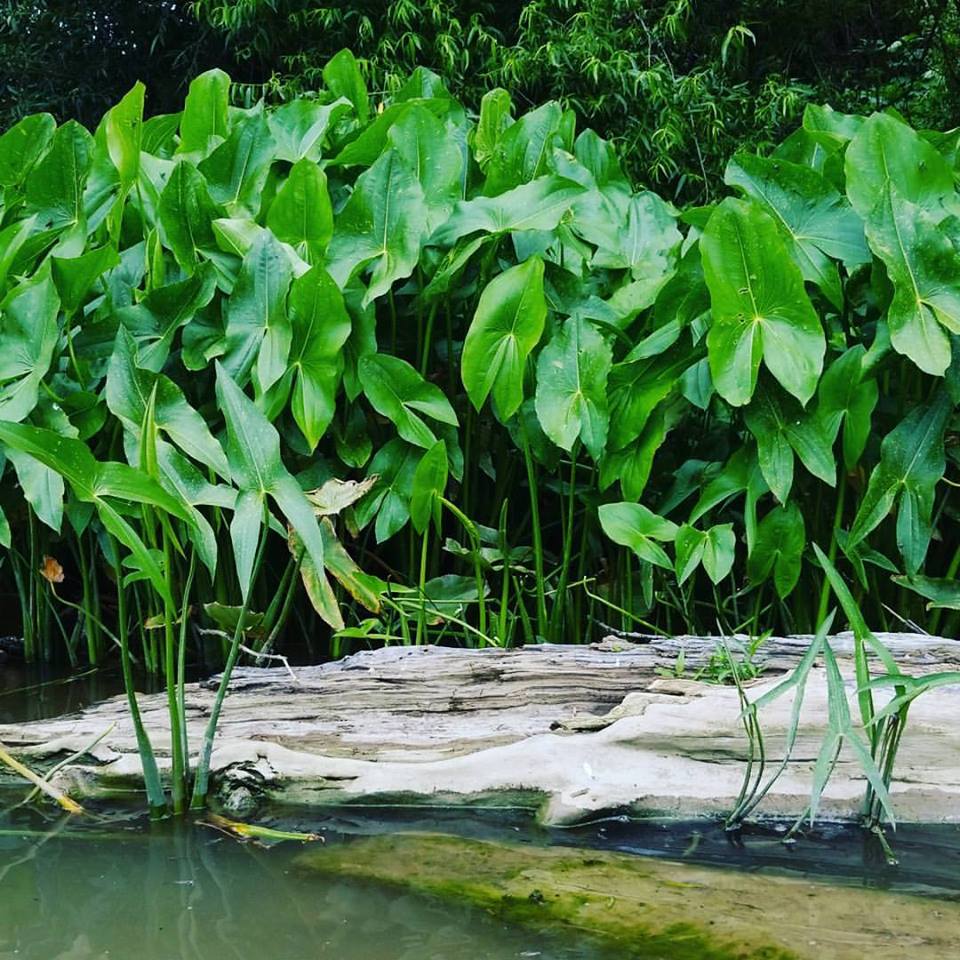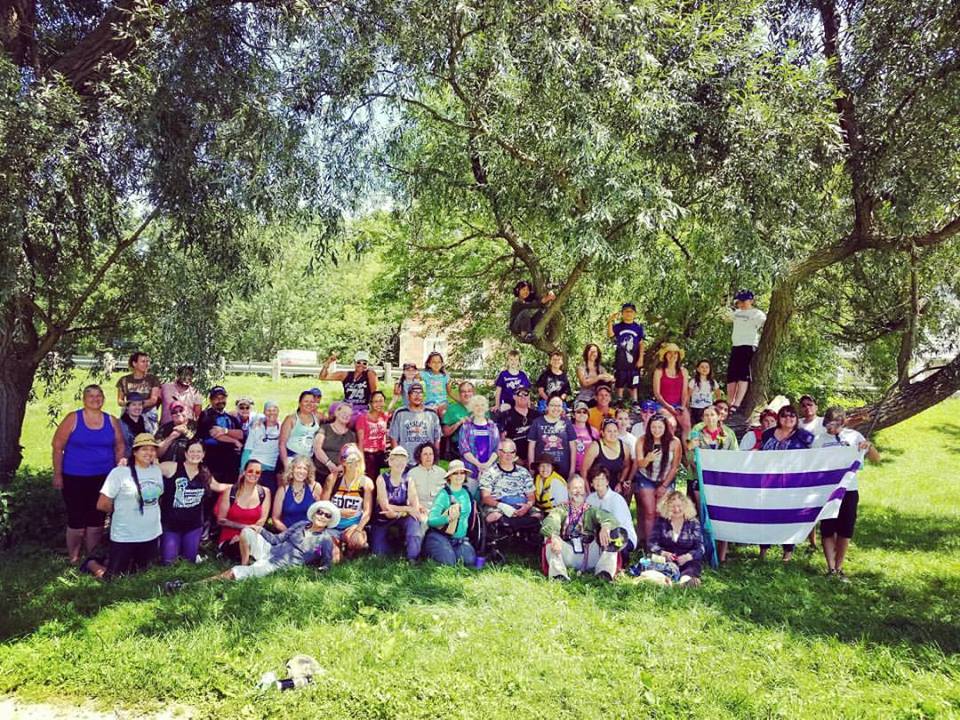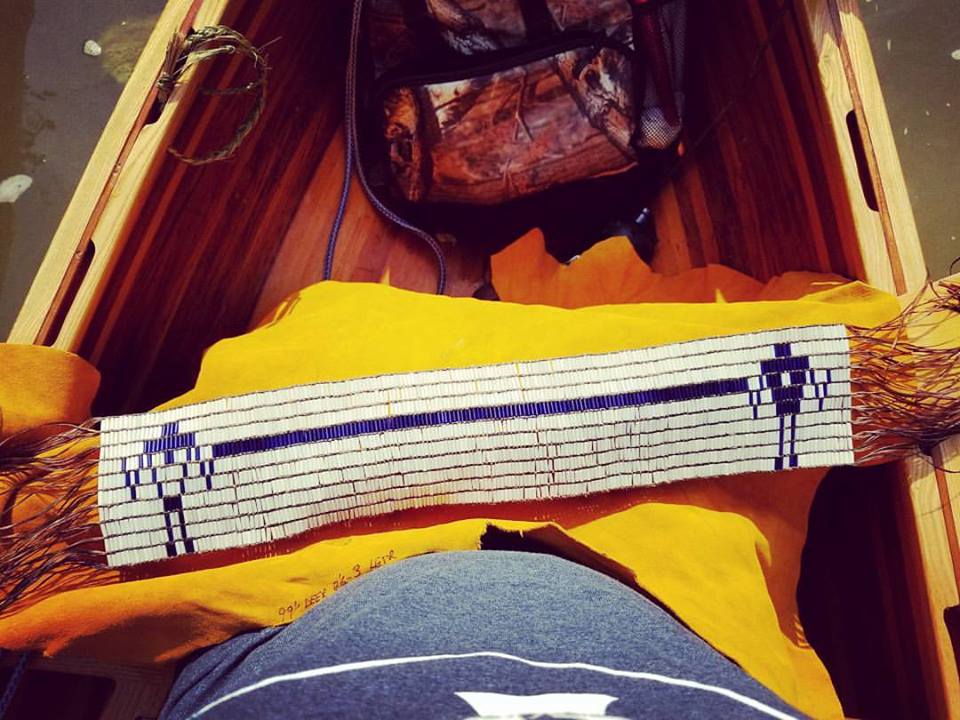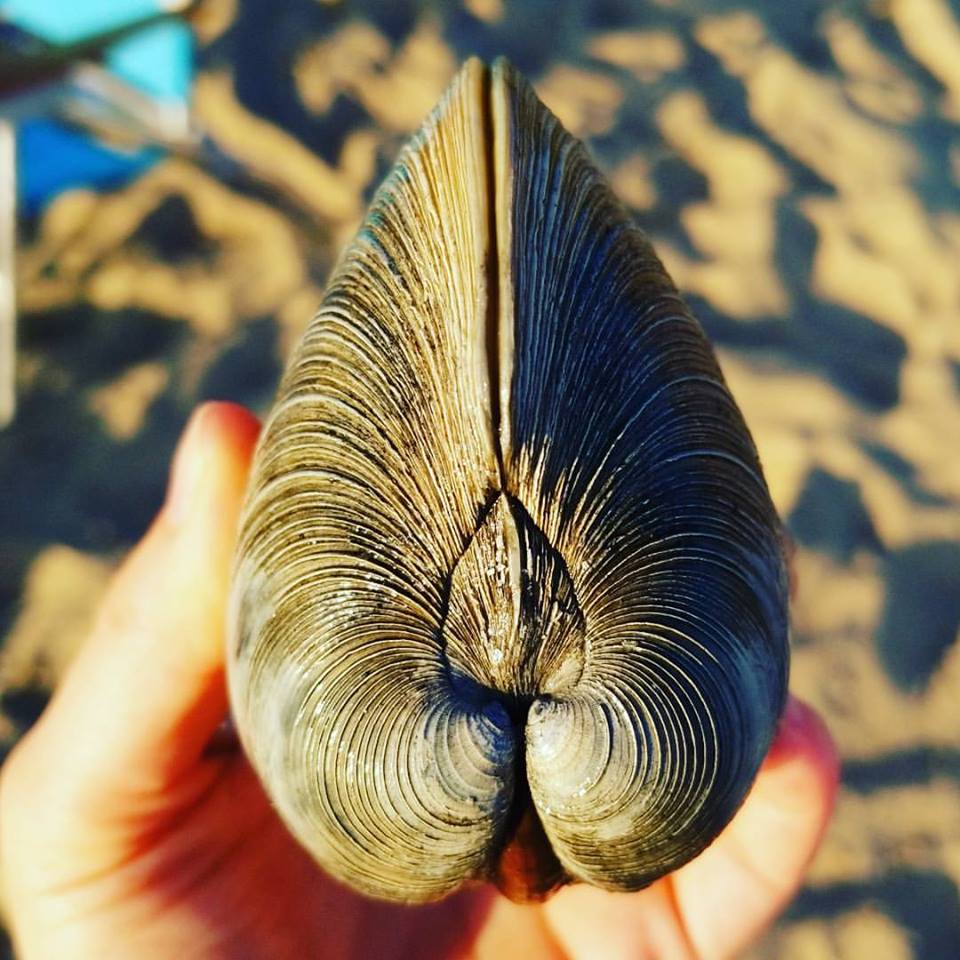Ethnobiology and Indigenous Studies: Wild Food Plants, Heirloom Species, and Traditional Food Systems
I am currently a Canada- US Fulbright Research Chair in Indigenous Studies at the University of Guelph in Ontario. My research is on Indigenous food systems and ethobiology in the northeastern woodlands. For this research, I have been attending seed exchanges, planning and attending Indigenous environmental governance and food sovereignty workshops and conferences, harvesting wild edibles, doing research in archives and museums, and planting and tending campus gardens. My training in ethnobotany, seed banking, and ethnobiology/ scientific collections curation through University of Kent at Canterbury, Harvard University Herbaria, and the Millenium Seed Bank and Economic Botany Collections at Royal Botanical Gardens, Kew, as well as ongoing botanizing and learning, have prepared me for this work.
I'm currently researching and writing about Haudenosaunee traditional food systems and food sovereignty, combining historic and contemporary, community-based research, botanical science, and linguistics of plant nomenclature in Latin, English, French, and Haudenosaunee languages. This research will lead to writing a culturally grounded field guide to common Haudenosaunee ethnobotany. The purpose of the guide is to create an accessible and user-friendly resource to support projects and educational programs within communities that address concerns of food sovereignty, species changes occurring due to climate change, linguistic and cultural dimensions of restorative environmental education, and repatriation of cultural information from archives and museums. A strong component of this project is the repatriation of historical Indigenous knowledge from museums to the communities, as many community members may not have received this information, due to interrupted intergenerational transmission of knowledge. I have collected hundreds of pages of field notes from anthropologists and ethnologists around the turn of the 20th Century on Haudenosaunee ethnobotany, the majority of which come from the Canadian Museum of History. I am combining those with other sources to synthesize the breadth and depth of Haudenosaunee historical ethnobotany. I’m then taking those synthesized data to community members in Akwesasne, Kahnawà:ke, Onondaga, and Six Nations of the Grand River. Together, we will choose 75 – 100 species that they want their community members to learn, and from the resulting conversations, I am writing the ethnobotanical field guide. Part of the vision of this project is that, as climate change shifts species compositions and ranges, it is all the more necessary to create educational tools that engender community-based education of plants and traditional knowledge. Reading historical documents shows us what species may no longer be in a place, and which ones have since moved in. Identifying the species and understanding the relationships between them is vital for food sovereignty, for adaptive resilience to change, and for enacting our environmental responsibilities.
Throughout, I use my research to support the environmental knowledge of Northeastern Native peoples by upholding their long-term, intimate relationships with the landscapes of their homeland. I take seriously the ethic that one cannot do research about Indigenous cultures or communities without framing that research to be a useful contribution to Native communities; in keeping with that, I have worked as an employee for two Indigenous governments (Akwesasne and Onondaga) and now, the Native American Food Sovereignty Alliance, a Native-run organization. Through service to Native communities, I learn how to shape research so it is relevant and useful. I aim to expand my current project over the next five years, to partner with researchers, students, and Algonquian and Haudenosaunee communities in the Northeast (Northeastern Atlantic seaboard on both sides of the Canada-US border, and in Quebec and Ontario), to address the question, “What will be necessary, environmentally and culturally, in order to restore and adapt traditional food systems to be viable in light of climate change and radically altered economy, post-coronavirus pandemic?”
This project is part of a larger, collective life project that aligns with so much of the powerful food sovereignty work being done across Turtle Island. It fits into the ongoing work of teaching and research to understand the oral history and historical ecology of places in the northeast, in order to envision and enact sustainable and peaceful values in economy and environmental caretaking. I aim for my research and writing to contribute to Indigenous studies, environmental anthropology, environment and sustainability studies, ethnobiology, Indigenous environmental knowledge and relational values, decolonizing methodologies and ethics, food sovereignty, Indigenous environmental governance, land-based learning, and re-thinking peaceful and just cohabitation in North America. My work presents Indigenous and traditional environmental knowledge as practical, empirical knowledge for adapting in a sustainable manner to the rapid changes in environment and society -- and particularly food systems -- that are coming about as a result of climate change and now, the global coronavirus pandemic.
Here, below, are some photos of learning traditional skills, harvesting wild edibles, canoe journeys (which take place across Turtle Island and re-connect people with Indigenous landscapes), the heirloom food and medicine gardens I planted with the First Peoples House and Santropol Roulant at McGill University, and culturally significant plants that we grew and harvested. Enjoy!
